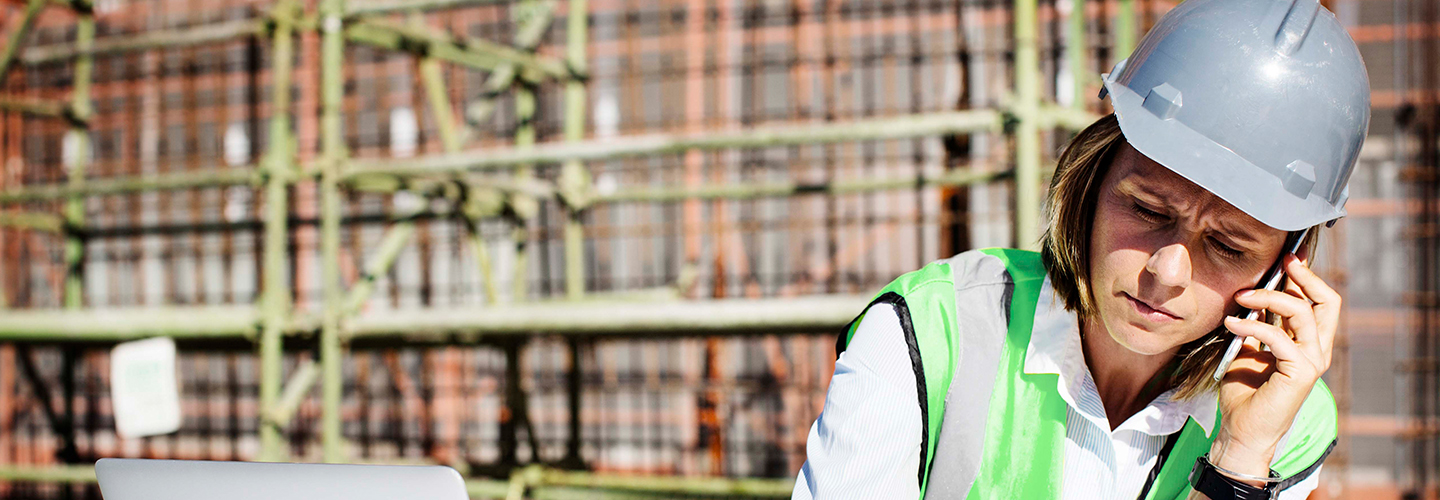Sometimes it takes the harsh realities of life for us to catch a wake-up and make much needed changes in our lives. The global pandemic was one such reality-check that has caused many to re-evaluate and recalibrate their lives.
For some, the lockdowns and restrictions showed how brittle their finances were, exposing them to all sorts of trouble and heartache. You can avoid similar disasters if you apply these 3 lessons about getting your budget in order.
A rainy day fund is a must
If some disaster struck tomorrow, would you be able to survive on savings for a few months? Or for as long as 6 months? Not many of us can say that we would be able to, even though we should be aiming to build up a substantial savings buffer.
You can start by committing a set amount every month and trying increase that whenever possible. Is this easy? No. Will you reach your goal overnight? No. Will this give you a sense of security in case disaster strikes? You bet it will.
Choose an amount you can afford and use a scheduled transfer to place the money out of harm’s way in your savings account at the start of every month. Most of us spend first and try to save from what’s left – you need to turn that behaviour on its head, even if it means taking a look at your lifestyle and cutting back on unnecessary expenses.
By making saving a fixed cost that you pay by debit order every month, you automatically adjust the amount you have left over to spend on purchases you might want, but don’t actually need.
Save wherever, whenever you can
It’s very tempting to spend money when we have it. But it’s in these good times that we should be most diligent in saving for the future. Doing so may feel like you’re denying yourself the fruits of your labour, when in fact if you waste that money today, you’re denying yourself a comfortable future.
If you haven’t already, create a budget that helps you see what you’re spending and how much you’re overspending.
Simple changes in your daily routine can make a huge difference over the long run. Some money-saving changes you can try include:
- Setting up a lift club with colleagues
- Packing your own lunches and cooking more meals at home
- Buying produce fresh, local, and in season
- Having one or more meatless days per week
- Unsubscribing from services you no longer use or can do without
Keep busy for less
The confines of the lockdowns made many of us realise that we can do away with some of the luxuries we once considered absolutely essential.
Learning to stay entertained and occupied, or developing new fitness routines and craft hobbies has given many a different perspective on what’s important. Use this time and opportunity to pursue your passions, and put any savings toward your financial goals.
Use your budget
A household budget is the best way to stay honest with yourself: how serious are you about gaining control over your finances?
If you haven’t already, create a budget that helps you see what you’re spending and how much you’re overspending. By cutting back on unnecessary expenses, you can put that money to better use in your savings account. Nedbank has excellent budgeting and budget-tracking apps available on the Nedbank Money app to help you get control.
The pandemic may have shaken us up a little. The trick now is to take the lessons we’ve learnt and apply them to our budget so that we’re better prepared for any future crises.





